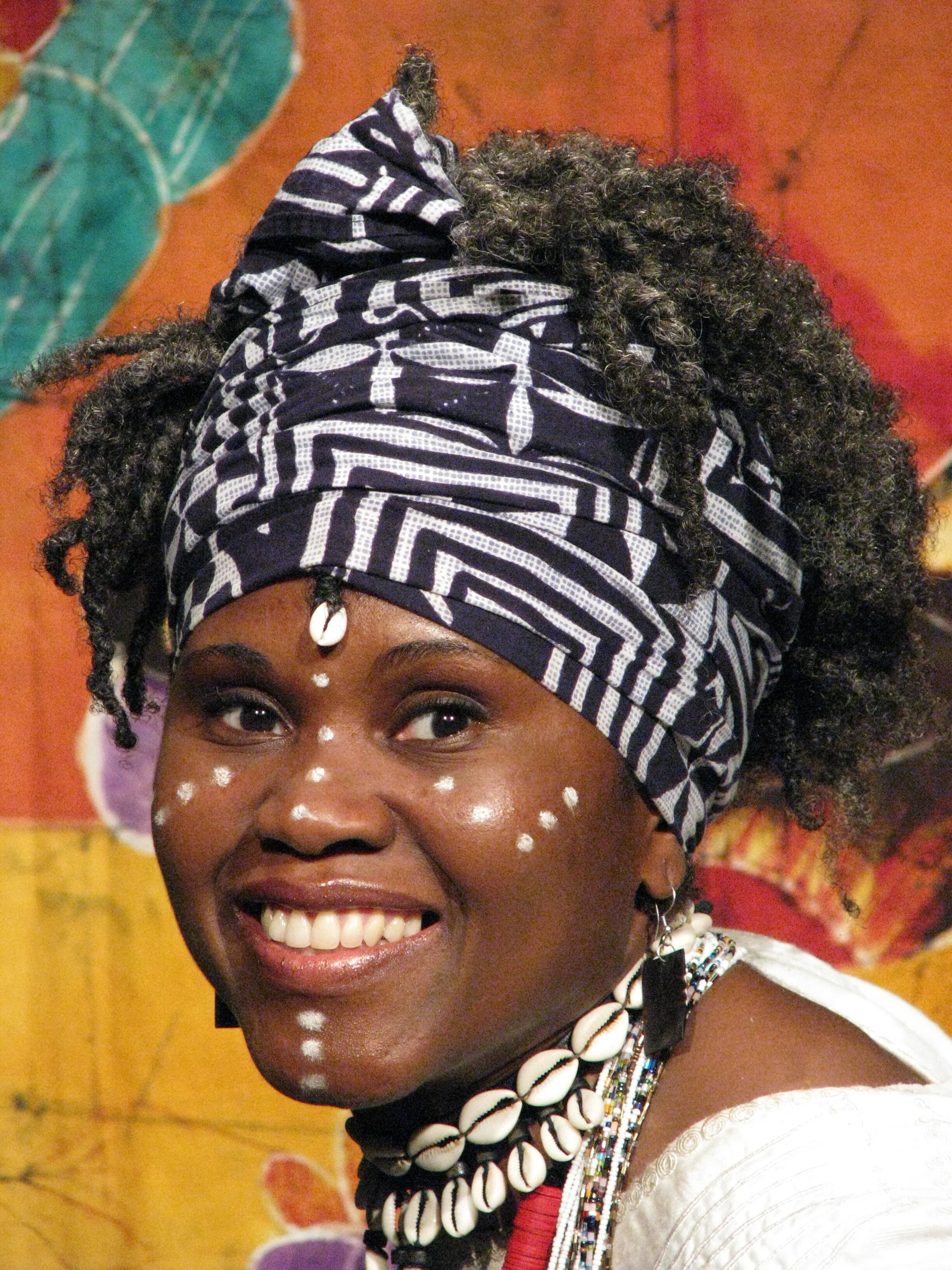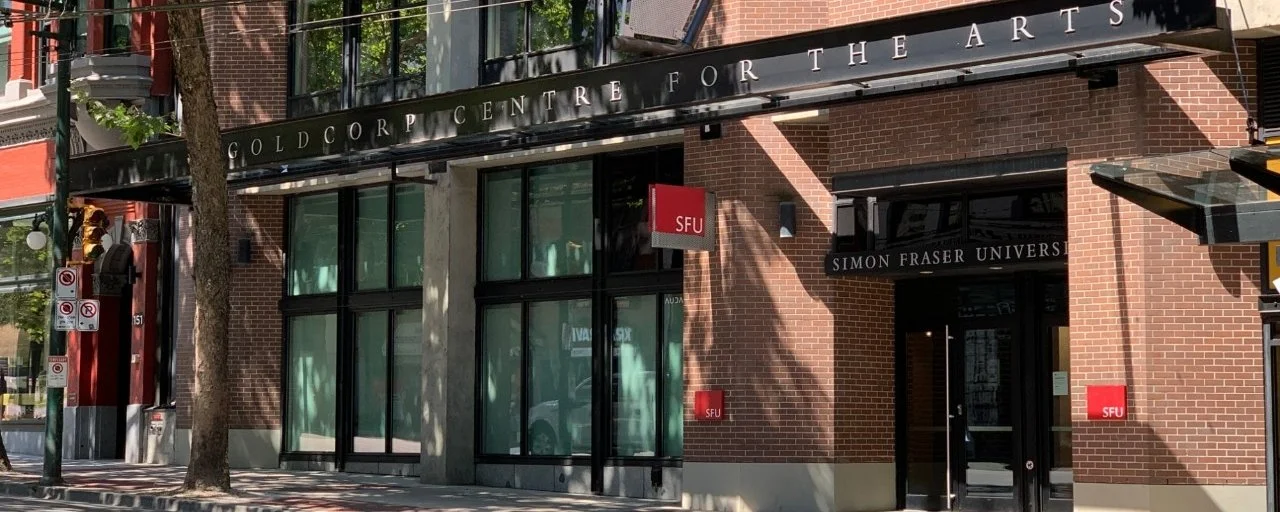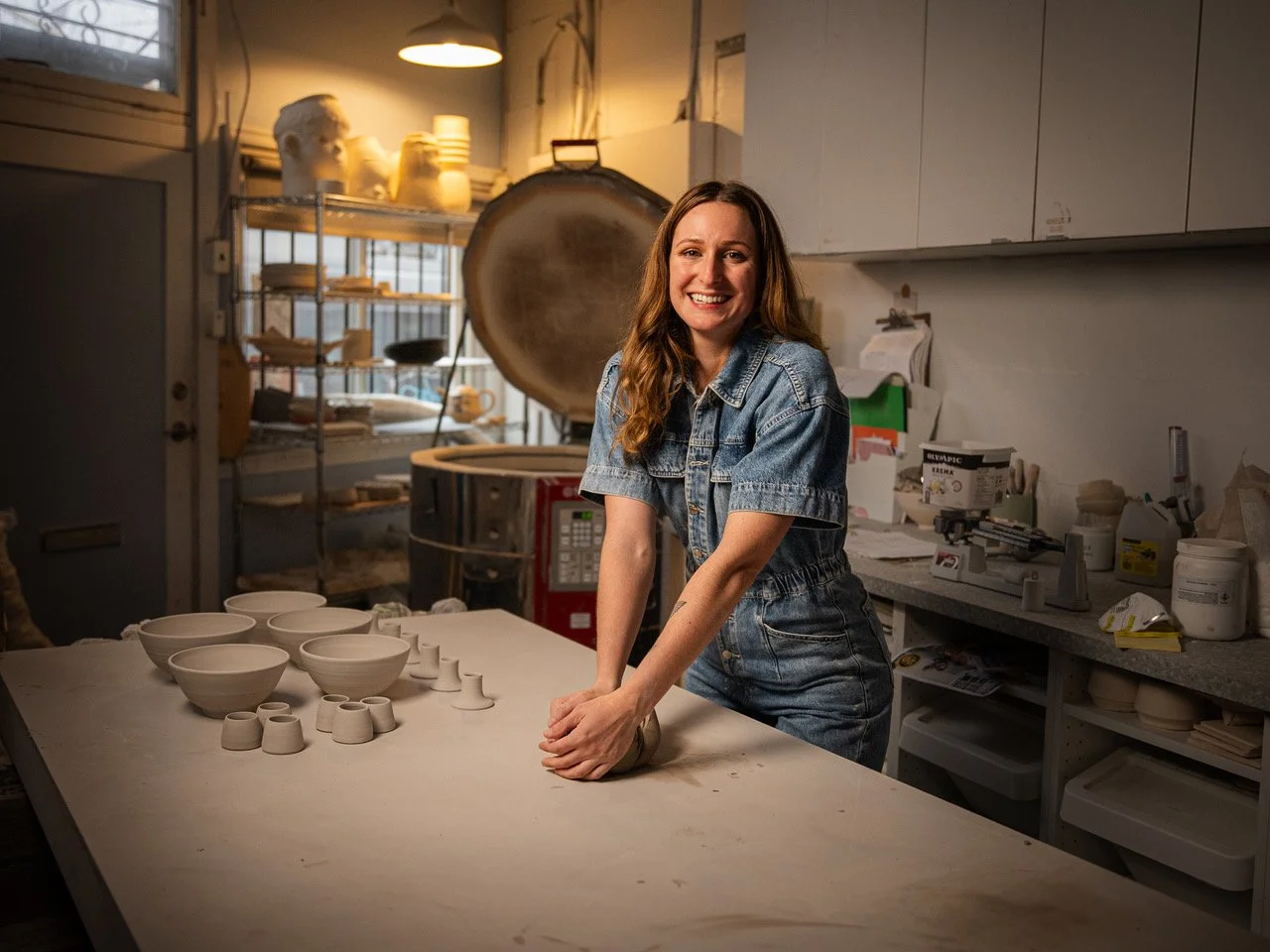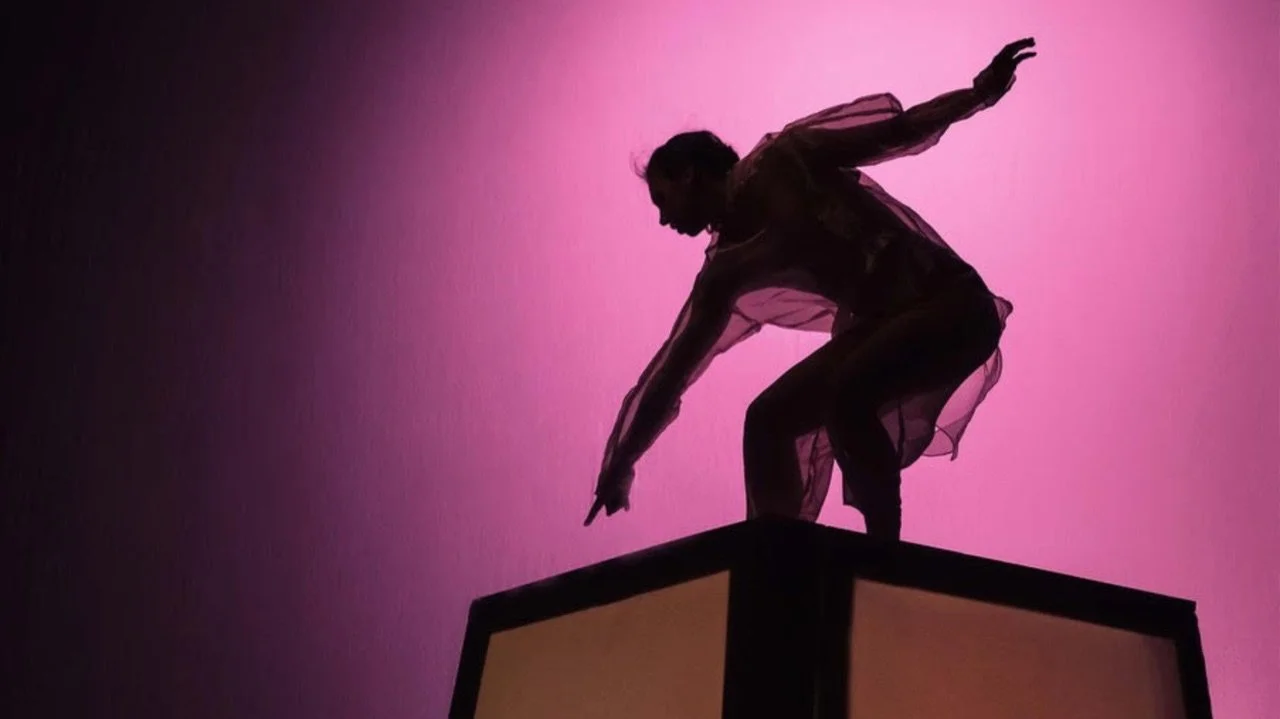Black Artists Matter: Vancouver artistic leaders hold virtual discussion on anti-racism
The free talk, which is open to everyone, will address anti-Blackness in the arts
Spirit of the Village founder Jacky A. Yenga helps people find joy through movement, rhythm, song, and storytelling. Photo courtesy Jacky A Yenga
Black Artists Matter takes place on YouTube on October 20 at 2 pm.
SEVERAL VANCOUVER ARTS leaders of the African diaspora are gathering on October 20 for an online conversation called Black Artists Matter. Presented by BC Alliance for Arts and Culture, it will address about what organizations can do to eliminate anti-Blackness. The 2 pm YouTube conversation is free and open to everyone.
Jacky A Yenga is among the artists who’ll be participating. Yenga is the founder of the Spirit of the Village, which helps people heal, find joy, and build community through rhythm, movement, song, music, and story. Born in Cameroon, she’s also known as Jacky Essombe, but reclaimed Yenga, the name from her mother’s Maka tribe.
Yenga, who also founded the African Friendship Society, came to Canada in 2000 and performed and toured with guitarist-singer Alpha Yaya Diallo before branching out on her own. Beyond promoting the healing aspect of her culture, her mission is to educate people about Africa. Even for a city as proudly multicultural as Vancouver, there remain widespread misunderstandings about the cradle of humankind and the role art plays in everyday life
“In order to understand our dances, you have to understand the people, you have to understand our culture,” Yenga tells Stir. “When I came to Vancouver, I made a commitment to share my culture in the way it was originally intended….When I started teaching, I kept saying my ancestors did not start dancing because it was a great workout. Before anything else it was a spiritual practice.
“In the west, it’s art; for us it’s a way of life,” she says. “If you go to my village you will hear women sing when they’re doing their chores. Children’s games are all around rhythm and music and instruments. How we create and communicate and relate to one another is through rhythm.”
The commonly used term “African dance”, she points out, is a misnomer. “No: they are dances from Africa,” Yenga says. “Imagine a highland dancer from Ireland, a flamenco dancer from Spain, and a traditional dancer from Turkey and putting them all together on the same stage. You don’t call it European dance. The point is Africa is diverse. Dances from Senegal are different from dances from Cameroon which are different from dances from South Africa. I always add an educational component to whatever I do. I also add the dimension of bringing people together.”
One practical way organizations can support BIPOC artists is by dismantling the ongoing structural exclusion they face. Certainly, more presence is needed in galleries and on stages; in residencies and internships; on boards; and in leadership, executive, and curatorial positions. Funding to support BIPOC art is crucial; however, the grant-application process in itself can be a barrier. Consider that the Ontario Arts Council’s Grant Application Survival Guide is 27 pages long to get a sense of what’s involved. Despite nearly two decades of working in the arts, it was only last year that Yenga received any grant funding.
“I didn’t know how to write grants,” Yenga says. “As a dance artist a long time ago I tried; the first one was not accepted. I tried to get the help I needed, but I got answers that did not help me at all. It’s not that I’m an idiot, but if we’re talking a totally different language that I’m not familiar with, then I don’t stand a chance. There was no provision to support people like me.”
Dancer and fashion designer Jason Bempong says compassion is key when it comes to addressing racism in the arts. Photo courtesy Jason Bempong
Joining Yenga at the Black Artists Matter discussion are musician-songwriter Khari Wendell McClelland, who earned critical acclaim for his Freedom Singer project, which recreated the music fugitive slaves carried on their northward journey to Canada; art historian, curator, writer, and community builder Krystal Paraboo; and Jason Bempong (Brotha Jason), a Canadian-born performance artist, actor, and designer of Ghanaian descent.
Multidisciplinary artist and social-justice activist Naomi Gracechild will host the online talk. A BC Arts Alliance board member and founder of Euphony Works, which helps organizations create inclusive and equitable cultures, she says that to address anti-Blackness in the sector, it’s not enough for organizations to write statements on diversity and inclusion. Groups need to take concrete steps and adopt clear directives to move toward healing and justice.
“With an Afro-centric approach to art, it’s not visual arts and music and dance—they’re not really seen as separate things; they’re different expressions of the same thing,” Gracechild says. “The Eurocentric approach to arts and how arts are funded is you have to be able to categorize your art. Hip-hop culture is an excellent example, where all different disciplines are all integrated.
“When we talk about the lack of representation in the arts, I think the way it’s sometimes it’s viewed is that there’s a lack of genius. That’s not the case at all. I’m really excited to have these artists on the talk who have tons of experience, who have tons to offer, and they have solutions because they’ve been actively working toward this….They can share their successes.”
Bempong started dancing when he was 13, after a friend showed him the moonwalk and he became hooked. The founder of street-wear brand Sleepless Mindz fuses hip hop, Afrobeat, and krump in his dance.
“In terms of diversity, equality, and inclusion, I feel like some gatekeepers don’t see street art, street dance, the same way ballet is valued,” Bempong tells Stir. “But my overall experience as an artist in Vancouver had been quite welcoming.
“We are all diverse and should be included from the jump,” he says. “Relationships and Justice to me feel like we are truly coming together and loving one another. The compassion factor is key.
People joining the Black Artists Matter event are encouraged to donate to BIPOC-CA, a creative association by and for BIPOC artists. Registration is welcome but not required. The discussion will have ASL interpretation.















